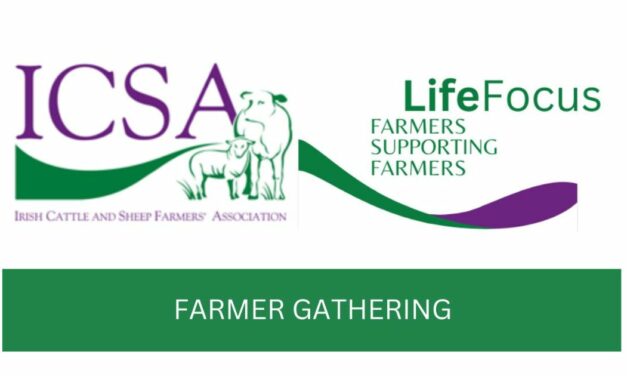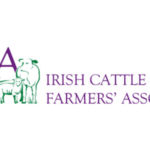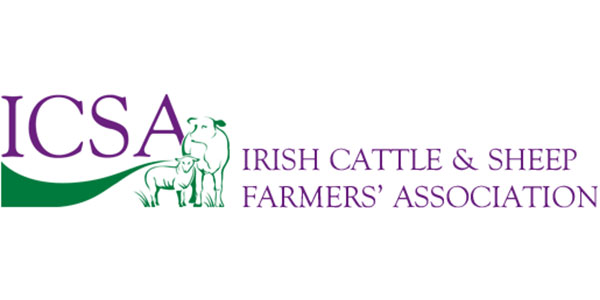FARMING INDEPENDENT – 6 April 2016

Massive changes in how banks operate their lending have left people “bewildered”, according to a former senior banker.
“I worked in banking up until 2014, but I never had a bunch of high-powered solicitors taking out the bank’s cases,” said Mr Carey.
He claims that the banks have contracted some of the biggest legal firms in the country to chase out-standing loans.
“If I had a client that was in trouble I would do all in my power to engage with them,” he said.
“But dealing with people in arrears takes a lot of time and ties up a huge amount of resources in a bank. So they’ve chosen to out-source it,” he said.
Protests were staged last week following the suicide of a farmer who was being pursued through the courts for a loan at high interest rates with Carlisle Mortgages.
The Irish-owned sub-prime lender took possession of the man’s farm, and when the man refused to remove his cattle from the land, he was imprisoned.
Meanwhile, a spokesperson for Ulster Bank said that it was too early to assess how many of its 2,200 customers with bad loans elected not to refinance or repay by last Thursday’s deadline.
Customers in the bank’s “problem debt management unit”, which includes farmers, were informed that loans that remained in arrears would be sold to a third party, but a spokesperson for the bank could not confirm the time-frame that would apply.
Ulster Bank maintains that these are not “mainstream customers”, but fears are growing that these loans will end up in so-called vulture funds that will end up repossessing farms.
The ICSA’s rural development chairman, Seamus Sherlock, said that he was getting up to 25 calls a week from farmers concerned about their debts.
“The amount of calls that I have got over Ulster Bank is absolutely staggering,” he said.
The New Land League has called on the government to intervene to allow the individual borrowers to buy back their loans at the same discounts being offered to other purchasers.
The emergence of vulture funds that buy distressed loan books from the banks at huge discounts is another new development according to former banker, Mr Carey.
“They will be paying a lot of attention to the underlying assets that the loans have been secured against.
“That’s completely different from my time in the bank, where the underlying security was the only the third item that we would consider. Far more important was the income profile of the client and the repayment capacity,” he said.
“The problem is that once you step outside the terms of the original loan agreement, all bets are off, and regulations go out the window.
“Even if you continue paying interest only, you are regarded as being in arrears.
“These vulture funds actually have service providers managing the loans for them on the ground here.”
The companies are ready to repossess farms if borrowings are likely to remain unpaid, contrary to the approach of every domestic bank, he said.
“With bad debt comes despair, where good people that have worked hard all their lives with good businesses find themselves under intolerable pressure. And all because these decent people were subjected to the very poor skills of some lenders,” said Mr Carey.
While all the asset servicing companies being contracted by vulture funds are regulated by the Central Bank, the Financial Ombudsman is primed to deal with complaints arising from the handling of individual cases.
“I’m not aware of a high number of cases with us at the moment, but I do know that the stress that individuals are under in these circumstances is absolutely extraordinary,” said ombudsman Ger Deering.
The Central Bank’s Code of Conduct on Mortgage Arrears (CCMA) sets out the framework that lenders must use when dealing with borrowers in mortgage arrears.
“It requires lenders to handle all such cases sympathetically and positively, with the objective at all times of helping people to meet their mortgage obligations,” said Mr Deering.
Since January 2011, lenders must operate a Mortgage Arrears Resolution Process (MARP) when dealing with arrears customers.
Since July 2013 it contains a detailed definition of what constitutes ‘not co-operating’ with the lender and strong provisions on what happens if you are declared to be ‘not co-operating’, including the commencement of repossession proceedings.
“If people feel that the CCMA or MARP has not been properly followed by their lender, that’s the point where we can step in.”






